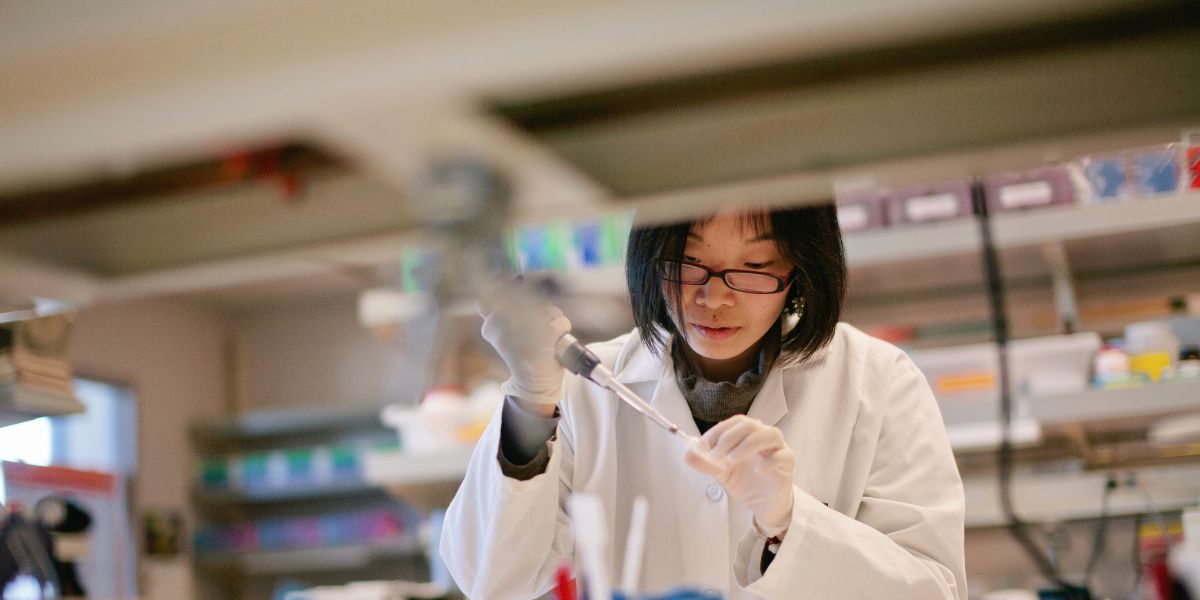Scientists are turning to an unlikely source in the quest to treat type 1 diabetes – ticks.
A new research initiative has secured funding to explore whether proteins in tick saliva could hold the key to revolutionizing how this condition is managed.
The University of Oxford has been awarded part of a £2 million grant to study whether tick proteins could replace the need for immunosuppressant drugs in people undergoing treatments for type 1 diabetes.
Currently, the immune system in people with this condition attacks the insulin-producing cells in the pancreas, requiring patients to rely on lifelong insulin injections.
- Bacterial infection could bring on type 1 diabetes
- Best exercises for people with type 1 diabetes outlined in new research
- Children whose mothers have type 1 diabetes less likely to have condition than if their father does
In an innovative approach, researchers are investigating whether proteins from parasitic ticks – creatures that have evolved ways to evade the immune system – could be used to protect transplanted insulin-producing cells from being destroyed by the body’s defenses. This could make beta cell replacement therapies more effective, potentially freeing patients from the need for daily insulin injections and blood sugar monitoring.
Rachel Connor, Director of Research Partnerships at Breakthrough T1D, believes this pioneering study could “pave the way” for new treatments. “This kind of research has the potential to transform the lives of people with type 1 diabetes,” she said.
The potential of this study lies in its ability to address one of the main challenges of current treatments: the use of immunosuppressant drugs.
These medications are necessary to prevent the immune system from rejecting transplanted cells, but they also come with significant side effects.
By mimicking how ticks avoid immune detection, scientists hope to eliminate the need for these drugs, making cell replacement therapies much safer.
- Type 1 diabetes among youths with presymptomatic symptoms was higher during pandemic
- Type 1 diabetes risk after age 10 differs between boys and girls
- Young people with type 1 diabetes 50% more likely to develop mood and anxiety disorder
Professor Shoumo Bhattacharya, leading the Oxford research team, expressed optimism about the funding, highlighting how it could advance the field of beta cell transplants.
This project is part of a broader initiative under the Type 1 Diabetes Grand Challenge, supported by the Steve Morgan Foundation, Diabetes UK, and Breakthrough T1D.
Alongside Oxford, institutions such as Imperial College London, the University of Exeter, and the University of Cambridge are also benefiting from this funding to explore innovative diabetes treatments.




